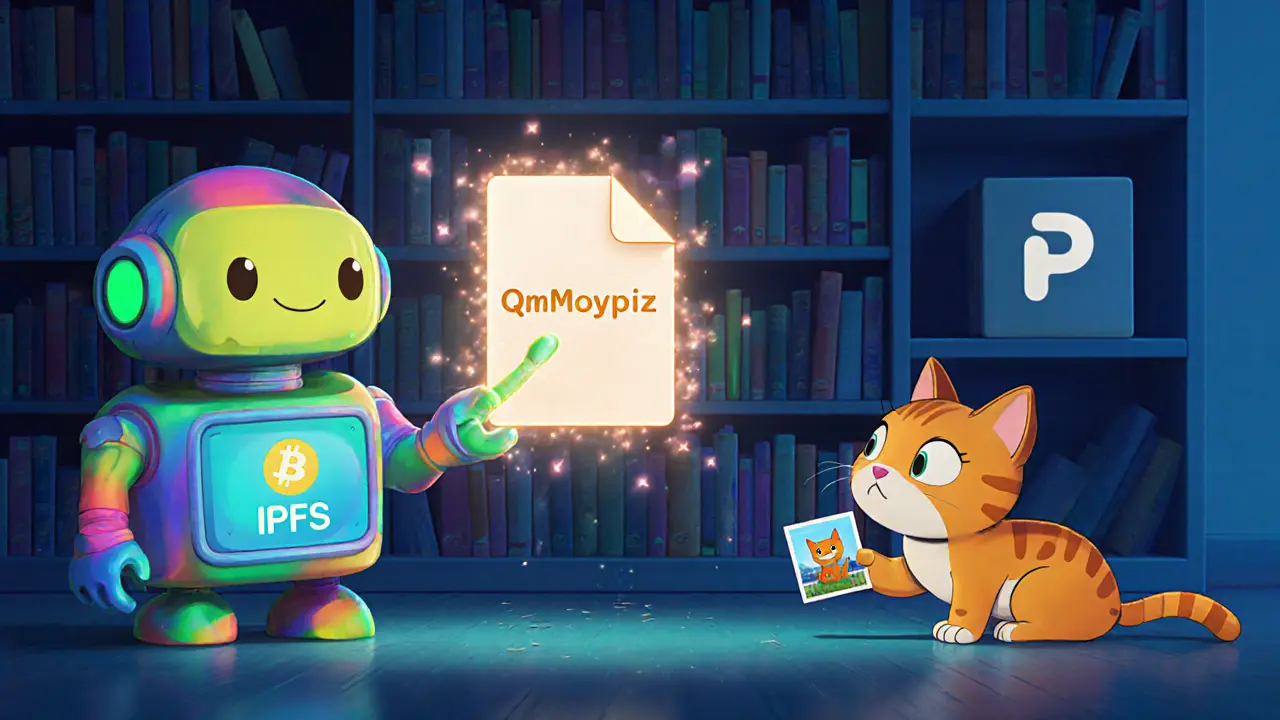Filecoin: What It Is, How It Works, and Why It Matters in Decentralized Storage
When you think about storing data, you probably think of Google Drive or Dropbox. But what if your files were stored across thousands of computers around the world—paid for by cryptocurrency? That’s Filecoin, a decentralized storage network built on blockchain that rewards users for lending their spare hard drive space. Also known as FIL, it’s not just another crypto coin—it’s infrastructure for a new kind of internet. Unlike centralized cloud services, Filecoin removes middlemen. No single company owns your data. No one can shut it down without taking down the whole network.
Filecoin works hand-in-hand with IPFS, the InterPlanetary File System, a protocol that locates files by content instead of location. When you upload a file to Filecoin, it’s broken into pieces, hashed, and stored on miners’ drives. The hash becomes the file’s address, so even if one server fails, the file stays accessible as long as at least one miner holds a copy. Miners earn Filecoin tokens by proving they’re storing your data correctly—using cryptographic proofs that are checked constantly. This isn’t guesswork. It’s verifiable, automated, and tamper-proof.
Why does this matter? Because cloud storage is expensive, centralized, and vulnerable. In 2023, a single AWS outage took down major websites for hours. With Filecoin, there’s no single point of failure. And it’s already being used: researchers store climate data, artists archive NFTs, and startups host websites without relying on Amazon or Google. Filecoin doesn’t just store files—it stores trust.
What you’ll find in the posts below are real-world breakdowns of how Filecoin connects to other crypto projects, who’s using it, how miners make money, and whether it’s a good long-term bet. No fluff. No hype. Just clear, practical insights on how decentralized storage is changing the game—and who’s winning.
IPFS vs Arweave vs Filecoin: Which Decentralized Storage Solution Fits Your Needs?
IPFS, Arweave, and Filecoin offer different ways to store data on the blockchain. IPFS is fast but temporary, Filecoin is flexible but requires ongoing payments, and Arweave offers permanent storage with a one-time fee. Here's how to choose.
- 18
- Read More
